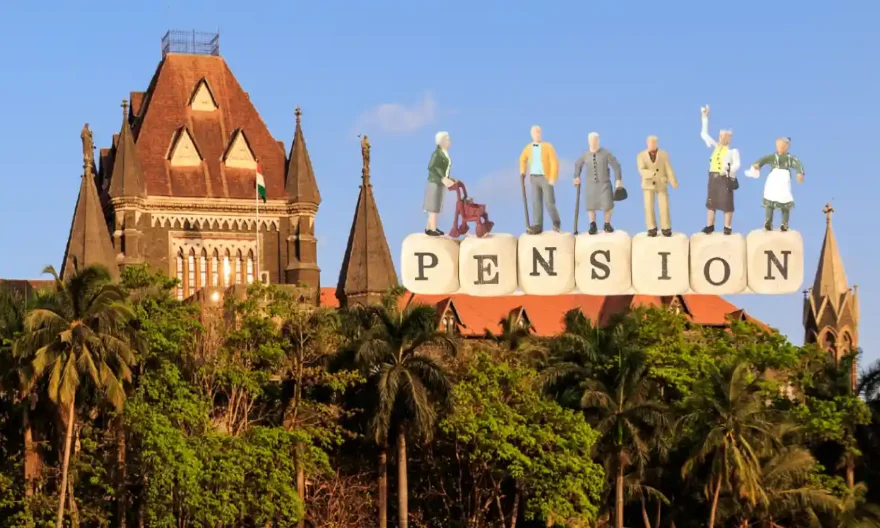
The Bombay High Court has recently emphasized that the right to pension is a significant entitlement for government servants and should not be denied based on technicalities.
The court’s observation came during a directive to a college in Pune, instructing them to overlook a gap in the employee’s service to ensure eligibility for retirement benefits.
A division bench of Justice GS Patel and Neela Gokhale highlighted that pensionary provisions should be interpreted liberally as a form of social welfare.
“The right of pension is a valuable right vested in a government servant. It is a social welfare measure as a post retirement entitlement to maintain the dignity of an employee. Pensionary provisions must be given a liberal construction as a social welfare measure…the very basis for grant of pension must be kept in mind, i.e., to facilitate a retired government employee to live with dignity in the winter of his life and thus such benefit should not be unreasonably denied to an employee, more so on technicalities,” stated the order.
The petitioner, appointed as a professor of Pharmacy in October 1999, experienced intermittent breaks in service until April 2009. These breaks occurred because the position was reserved for Scheduled Tribes (ST), and the petitioner filled the post in the absence of an eligible ST candidate.
From July 2009 to September 2020, the petitioner served continuously after being appointed in an open category vacancy.
However, the Directorate of Technical Education (DTE), Maharashtra, denied the petitioner post-retirement benefits, claiming a shortage of 1 month and 16 days to qualify for a pension. This was due to a gap of 674 days caused by technical breaks and vacations.
The Court determined that the DTE had erred in calculating the petitioner’s qualifying service and wrongly deemed them ineligible for pension.
Furthermore, the Court expressed disappointment in the college, university, and DTE for failing to select an eligible candidate for the reserved category post. They were also criticized for employing the petitioner as a stop-gap arrangement for ten years, deliberately creating technical breaks to prevent completion of the qualifying period for pension eligibility.
Consequently, the Court granted the petition, ordering the respondents to provide the petitioner with pension benefits in accordance with the applicable rules.




